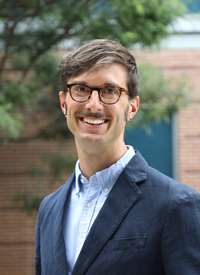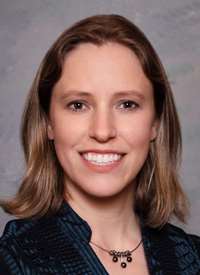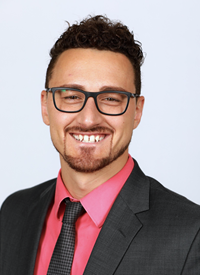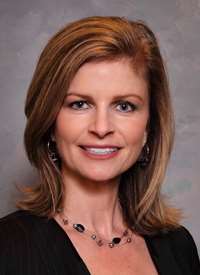MCW Pharmacy School Advanced Physical Assessment Certificate Program
The Medical College of Wisconsin (MCW) School of Pharmacy hosts an Annual Advanced Physical Assessment Certificate Program at the MCW Milwaukee Campus. Pharmacists, pharmacy residents and other healthcare providers are invited to attend.
Participants will be able to perform and interpret physical assessments while developing patient care plans.

Benefit of the Certificate Program
MCW School of Pharmacy Certificate Program

Faculty

Rachele J. Harrison, PharmD, MEd
Assistant Professor, Department of Clinical Sciences

Zach M. Hovis, PharmD, BCACP
Assistant Professor, Department of Clinical Sciences

Rachel Kavanaugh, PharmD, BCACP
Director of Professional Laboratories - Year 2; Associate Professor, Department of Clinical Sciences

Mathew A. Letizia, PharmD
Director of Professional Laboratories - Year 1; Assistant Professor, Department of Clinical Sciences

Karen J. MacKinnon, BPharm, RPh
Director of Outreach Programs, Assistant Professor Department of Clinical Sciences

Jillian Theobald, MD, PhD
Associate Professor; Associate Medical Director, Wisconsin Poison Center

Amy Zosel, MD, MSCS
Professor; Division Chief, Medical Toxicology; Director of Research Operations and Mentorship
Learn about Becoming an MCW School of Pharmacy Preceptor
Questions?
We are happy to answer any questions you may have about this program. Please feel free to share this opportunity with pharmacists and pharmacy residents.
Programming:
For programming questions, please contact Karen MacKinnon at
Registration:
For registration questions, please contact Shannon Gustavson, Executive Assistant, at



